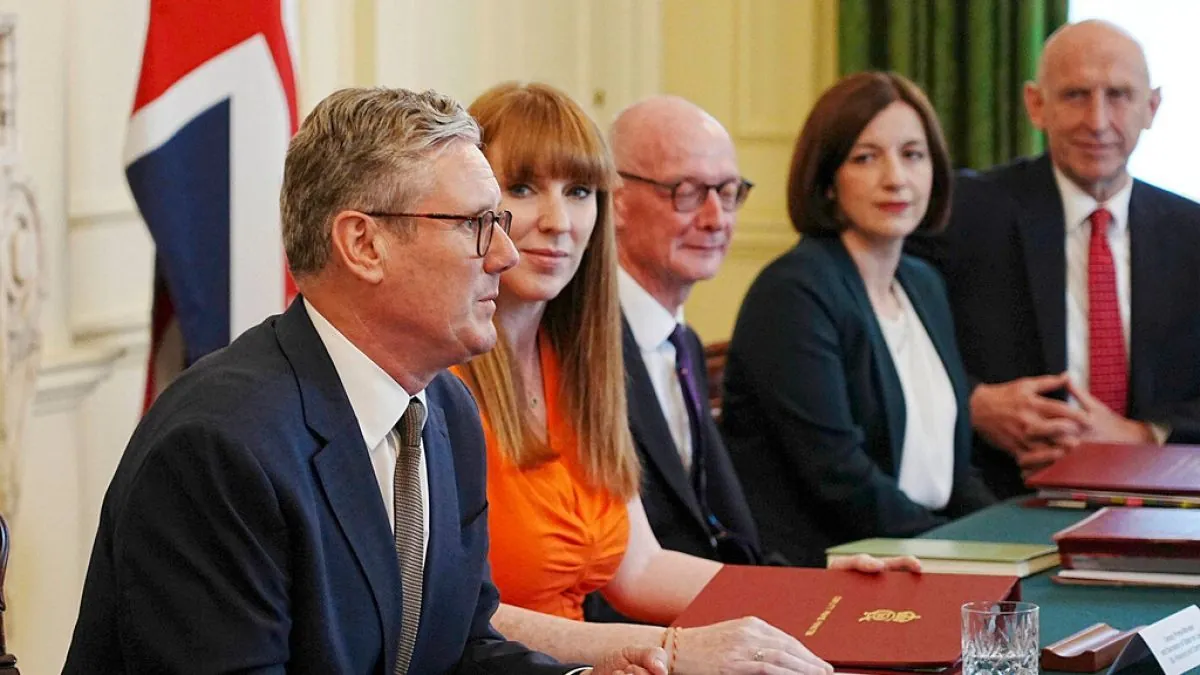UK Business Confidence Plummets Amid Tax and Workers' Rights Concerns
Business leaders' confidence in the UK economy has sharply declined due to potential tax increases and proposed changes to workers' rights. The Institute of Directors reports a significant drop in its economic confidence index.

The UK business community is experiencing a significant downturn in confidence, as revealed by the latest survey from the Institute of Directors (IoD). The organization's economic confidence index has plummeted from +7 in July 2024 to -12 in August 2024, marking a substantial shift in sentiment among the country's business leaders.
This decline in confidence is primarily attributed to two key factors: the looming possibility of tax increases and proposed changes to workers' rights. The IoD, established in 1903 and representing 20,000 business leaders across the UK, has reported that these concerns are causing business leaders to reconsider their investment and hiring plans.
Chancellor Rachel Reeves recently highlighted a £22 billion deficit in public finances, suggesting that "difficult decisions" would be necessary to address this issue. This statement, coupled with Prime Minister Sir Keir Starmer's warning of a potentially "painful" October 2024 Budget, has intensified speculation about potential tax increases for businesses.

The proposed changes to workers' rights have also contributed to the unease among business leaders. These changes include:
- The right for employees to disconnect from work communications outside of working hours
- The ability to request a four-day work week from the first day of employment
- Legal obligations for companies to offer flexible working arrangements
While these proposals aim to improve work-life balance, a concept that gained prominence in the UK during the 1970s and 1980s, they have raised concerns about potential impacts on business operations and productivity.
The IoD's survey indicates that business leaders are scaling back their plans for hiring and investment at the fastest rate since the onset of the COVID-19 pandemic in 2020. The investment intention index for the year ahead has dropped from +24 in July to +10 in August, while the proportion of bosses planning to increase staff has fallen by 14 points to +10.
Anna Leach, chief economist at the IoD, emphasized the need for clarity and stability in government policy to boost business confidence and investment. She called for further details on the industrial strategy and business tax roadmap, as well as increased engagement with businesses on workers' rights issues.
The government has stated its intention to consult both unions and business leaders on the proposed changes to workers' rights, maintaining that they aim to be "pro-worker and pro-business." However, the IoD's findings suggest that the initial business optimism following the recent general election may be waning as the full extent of the government's plans becomes clearer.
As the UK approaches a crucial period for economic policy-making, it remains to be seen how the government will balance the needs of workers with the concerns of the business community. The outcome of these decisions will likely have a significant impact on the country's economic trajectory in the coming years.


































